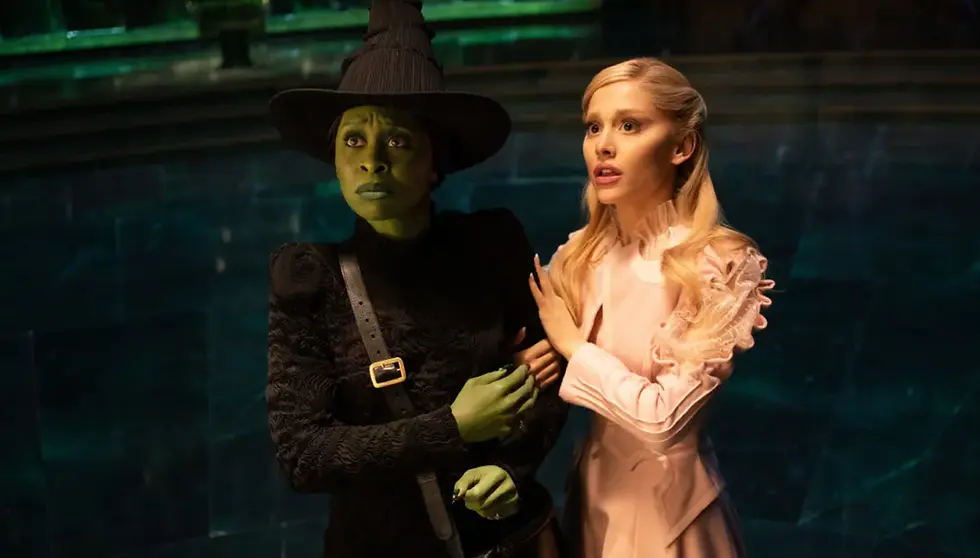Plainclothes - Curzon
- comaweng
- Oct 6, 2025
- 2 min read

This film covers some very well-trodden ground – in the United States, a generation ago, before the ubiquity of mobile telephony and dating apps, gay men had ways, below the radar, as it were, of finding prospective partners. Society at large was very unaccepting, even in New York, of homosexuals, and so it was that Lucas Brennan (Tom Blyth) was part of an undercover team within the NYPD – hence the film’s title – that used the men’s conveniences in a shopping centre (sorry, mall) as a way of catching gay men who would expose themselves, Lucas (or whichever trained officer it was) having successfully seduced them. To continue to secure prosecutions, the courts wanted more video evidence – by which they meant video evidence in the first place, so Lt Sollars (John Bedford Lloyd) instructs Lucas’ sergeant Ron (Christian Cooke) to covertly film gay men getting their knob out to young and ‘impressionable’ plain clothes policemen. Yeah, it’s that kind of movie.
The problem arises when Lucas encounters Andrew (Russell Tovey) and ends up having strong feelings for him, despite having had a girlfriend, Emily (Amy Forsyth), who he remains in contact with as it appears to have been an amicable split. Andrew, it turns out, is married with children – and is also a church pastor: the church is not exactly progressive, and nobody there knows about Andrew’s extramarital activities. Throw in the death of Lucas’ father, Gus (Joseph Emmi Sr) and poor Lucas really has a lot of conflicting emotions going on. It’s a surprise he doesn’t end up in therapy.
What was interesting to me wasn’t so much the fumbling around in weird and wonderful places as Lucas breaks police regulations and arranges to meet with Andrew outside of work, but the family and work dynamics. In the former, there was a mistrust of the late Gus by certain members of the family, particularly by Lucas’ uncle Paul (Gabe Fazio), and of the Irish people in general, for reasons not explored. In the latter, the film painted a picture of an employer that genuinely believed in honesty and professionalism, providing a supportive environment for their staff. A missed opportunity, perhaps, to expose corruption in the police? I mean, it has its own Wikipedia page (or at least it did at the time of writing). And where were the guns? All these people and police in the United States and not a single gun? Ever? Really?
There was, for me, too much of the same stuff – time and again, Lucas would go into some kind of panic attack, with weird flashbacks of past events at supersonic speed. That said, it was a film that held my attention for the most part, portraying as it does the levels of prejudice gay men put up with well within living memory. I still don’t know whether it was a good or a bad thing that the narrative descended into something out of EastEnders, in which strong exchanges of words became an almighty punch-up. I would, I think, be rather less forgiving if this wasn’t a debut film from writer and director Carmen Emmi.
Three stars




Comments